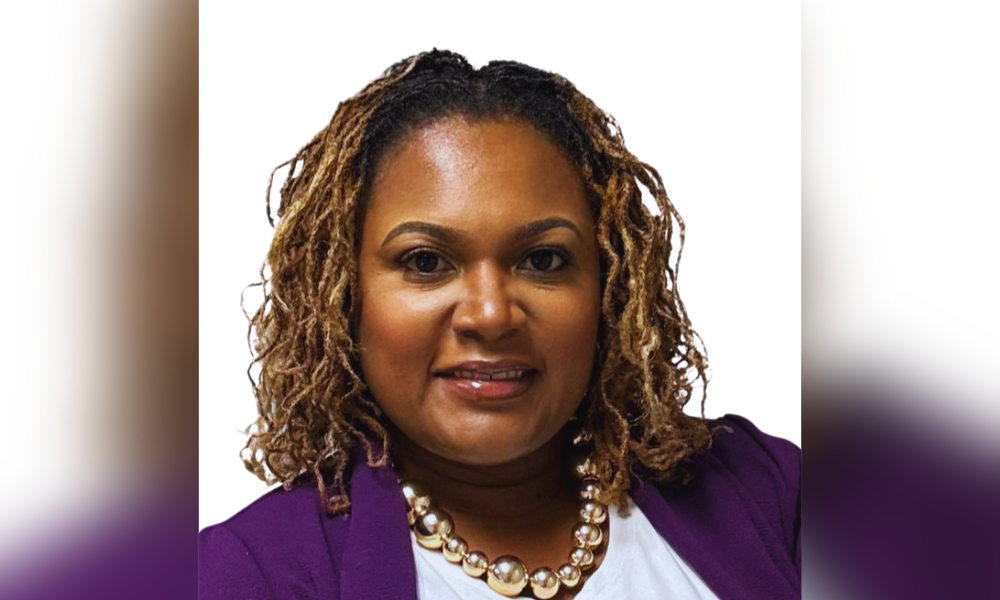Affordability challenges and economic uncertainty are mounting – but first-time buyers are still determined to overcome those issues

Uncertainty is continuing to swirl around the future of the US housing market as a potential trade war looms and the mortgage rate outlook remains unclear – but plenty of first-time homebuyers still appear eager to push ahead with a purchase despite those speedbumps.
Among Americans hoping to purchase for the first time in 2025, a full 74% remain optimistic about the current housing market, according to a TD survey released last week, while mortgage brokers continue to play a prominent role in their homebuying process: twenty-two percent (22%) of respondents to the survey have already created a personalized homeownership budget with their broker, and a further 26% intend to do so by contacting a broker.
That’s not to say it’s all plain sailing for first-time buyers. Affordability remains notoriously stretched across the country, with home prices still high and mortgage rates – despite sliding since the beginning of the year – still perched close enough to 7% to keep many prospective buyers on the sidelines.
Those challenges have contributed to a significant jump in the average age of a first-time buyer, which sat at an all-time high of 38 last year, according to the National Association of Realtors.
How brokers are advising first-time buyers in the current market
Faced with affordability hurdles but still determined to make their move, some hopeful first-time buyers are “a little discouraged” at the current housing market, according to Colorado- and Ohio-licensed broker Fannie Mae West (pictured top) of Optist Inc.
She told Mortgage Professional America elevated rates and prices were keeping that buyer cohort in the market for longer – and highlighted the importance for brokers of clearly mapping out the current outlook in case first-time buyers have an unrealistic expectation of quickly snagging a top-of-the-range property.
“A lot of [first-time buyers] are in my ecosystem for a longer period of time. I have more preapprovals now,” she said. “That’s why I find myself having these conversations about setting the expectation of what the market is and what your first home should be as a first-time buyer.
Fed Chair Jerome Powell warns of high economic uncertainty amid Trump's tariffs. Melissa Cohn of William Raveis Mortgage suggests buyers may rush to purchase homes before costs increase. https://t.co/Woym0ADJLO
— Mortgage Professional America Magazine (@MPAMagazineUS) March 25, 2025
“Prices are up and interest rates are up. You can always say ‘rates will go down,’ but nobody has a crystal ball to say when that is or how it’s going to be.”
Instead of predicting where and when rates might fall, West said her focus is making sure buyers are making a purchase for the right reason, are able to do so, and aren’t simply rushing into the market to purchase a home when it makes little sense.
“[Predictions] aren’t what I talk about,” she said. “What I talk about is setting the right expectations for each person that I talk with and to make sure that they understand the financial decision and that it’s within their means and they’re not stretching. We don’t want them to go into foreclosure or damage their credit within six to 12 months because they were overextended.”
Affordability remains a constant challenge for new buyers
The fact that home prices are outstripping wage growth in many cases has seen 33% of first-time buyers turn to gifted downpayments from family or loved ones to help fund their purchase, according to TD’s survey, while 88% of hopeful buyers are taking proactive steps to boost their credit score.
That’s unsurprising, with 64% expressing concern over being able to afford a home in today’s market because of current mortgage rates and 62% indicating they’re worried about affording other expenses in the present cost-of-living crisis.
Meanwhile, a new Redfin report highlighted the challenges facing Gen Z homebuyers, whose homeownership rates have stalled amid those mounting affordability woes.
That cohort had been gaining homeownership ground almost every year since 2017, but just 26.1% of Gen Zers owned a home last year – effectively unchanged from both 2023 and 2022.
By contrast, Gen Xer homeownership jumped to 72.9%, while 79.6% of baby boomers now own a home (both up from the prior year).
“Homeownership is still a symbol of success and stability for many Americans,” Redfin’s chief economist Daryl Fairweather said, “but the nation’s culture is shifting with the economic times.”
Make sure to get all the latest news to your inbox on Canada’s mortgage and housing markets by signing up for our free daily newsletter here.



